Addiction rehab, Intensive Outpatient Programs (IOP), and Partial Hospitalization Programs (PHP) differ mainly in how much structure, medical oversight, and time commitment each level of treatment provides. The right program depends on the severity of the addiction, mental health needs, and how much support a person requires to stabilize and recover.
Addiction rehab (often used to describe residential or inpatient treatment) offers the highest level of care. Clients live on-site and receive 24/7 support in a fully structured environment, making it ideal for individuals with severe addiction, unsafe home environments, or repeated relapses.
PHP (Partial Hospitalization Program) is a step down from inpatient rehab but still very intensive. Clients attend treatment most of the day, several days per week, while living off-site. PHP is appropriate for individuals who need close clinical oversight but do not require overnight care.
IOP (Intensive Outpatient Program) offers greater flexibility. Clients attend treatment for fewer hours per week and continue working, attending school, or caring for family. IOP works best for individuals with a stable living environment who are able to manage recovery with structured support rather than full-time supervision.

